Page as Stage

The author of fox woman get out! explores the connections between poetry and dance.
Jump to navigation Skip to content
Articles from Poet & Writers Magazine include material from the print edition plus exclusive online-only material.

The author of fox woman get out! explores the connections between poetry and dance.
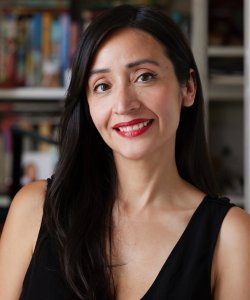
“Writing kept me grounded, but it also reopened some wounds.” —Melissa Rivero, author of Flores and Miss Paula
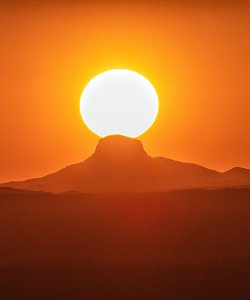
The author of fox woman get out! offers a climatic approach to reading and writing verse.
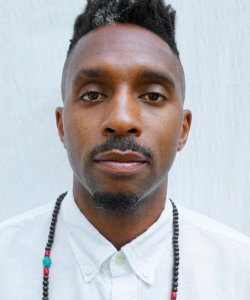
“I struggled with the urge to tame my voice.” —James W. Jennings, author of Wings of Red

The author of The Last Language explores the relationship between individual subjectivity and the ability to suspend disbelief when reading fiction.
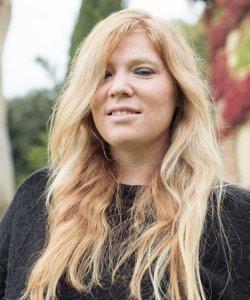
“I’m very much a write-when-it-comes kind of writer.” —Kimberly Grey, author of A Mother Is an Intellectual Thing

The author of The Last Language considers the relationship between character and speech.

“It’s okay for you to reveal more of yourself in your poetry.” —Subhaga Crystal Bacon
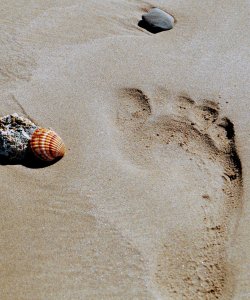
The author of The Last Language considers how to strike the right note of ambiguity in a novel.
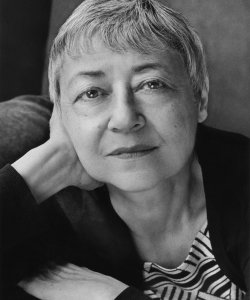
“Never assume the reader is not as intelligent as you are.” —Sigrid Nunez, author of The Vulnerables
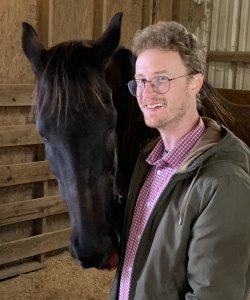
“Write toward what you want to discover.” —Jim Redmond, author of Because You Previously Liked or Played

The translator of Luis Felipe Fabre’s Recital of the Dark Verses shares lessons from translation that can improve all creative prose.

“I was writing this hybrid lyric thing that was hard to fall into a rhythm with at first.” —Claudia Acevedo-Quiñones, author of The Hurricane Book: A Lyric History
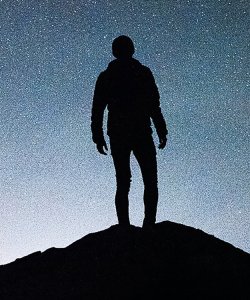
The translator of Luis Felipe Fabre’s Recital of the Dark Verses considers the nuances of crafting a faithful translation.

“Have fun. Make friends.” —Curtis Chin, author of Everything I Learned, I Learned in a Chinese Restaurant

The author of Recital of the Dark Verses explores poetry and translation as an encounter with “the Other.”
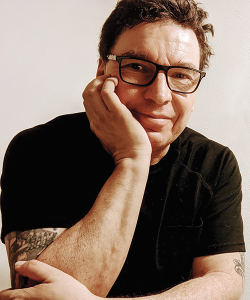
Essays by debut authors Alma García (All That Rises), Bernardine “Dine” Watson (Transplant), Tommy Archuleta (Susto), Chin-Sun Lee (Upcountry), and Donna Spruijt-Metz (General Release From the Beginning of the World).
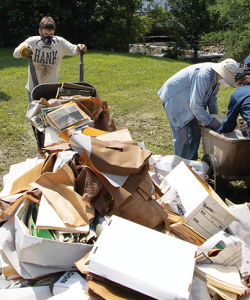
Flooding devastated parts of Vermont in July, including literary organizations and businesses that are now relying on community support as they rebuild and confront more frequent extreme weather events brought on by climate change.
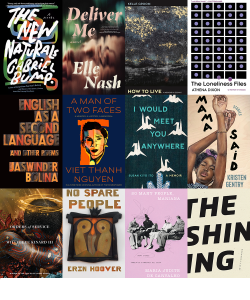
The first lines of a dozen noteworthy books, including Orders of Service: A Fugue by Willie Lee Kinard III and I Would Meet You Anywhere by Susan Kiyo Ito.
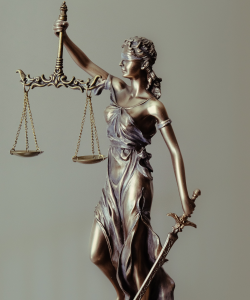
To mimic human writing, AI technologies have been consuming millions of pages of copyrighted literature. Authors have filed several class-action lawsuits accusing AI companies of illicitly using their work and seeking compensation.
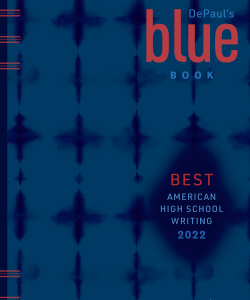
DePaul University’s Blue Book anthology showcases the work of talented teen writers, offering an intimate glimpse into their varied lived experiences and illustrating the transformative power of written expression.

Founded to support the work of marginalized poets, Get Fresh Books publishes one to three poetry collections each year, selecting manuscripts from a pool of no-fee submissions and solicited work.
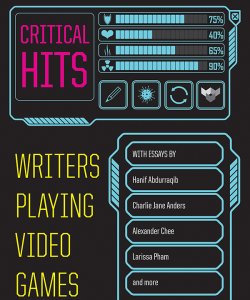
An introduction to three new anthologies, including Another Last Call: Poems on Addiction and Deliverance and Black Punk Now: Fiction, Nonfiction, and Comics.
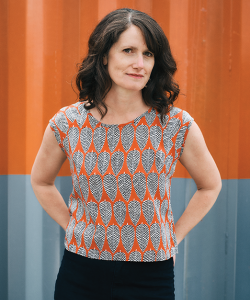
The translator of Tomasz Różycki’s To the Letter discusses the journals where she first placed poems from the book—including Cagibi and Guernica—and the unique process of publishing translated work.
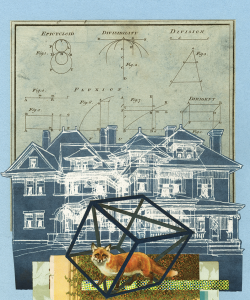
Artist Billy Renkl recounts his painstaking process for constructing the mixed-media collages that accompany the essays in his sister Margaret Renkl’s new book, The Comfort of Crows: A Backyard Year.